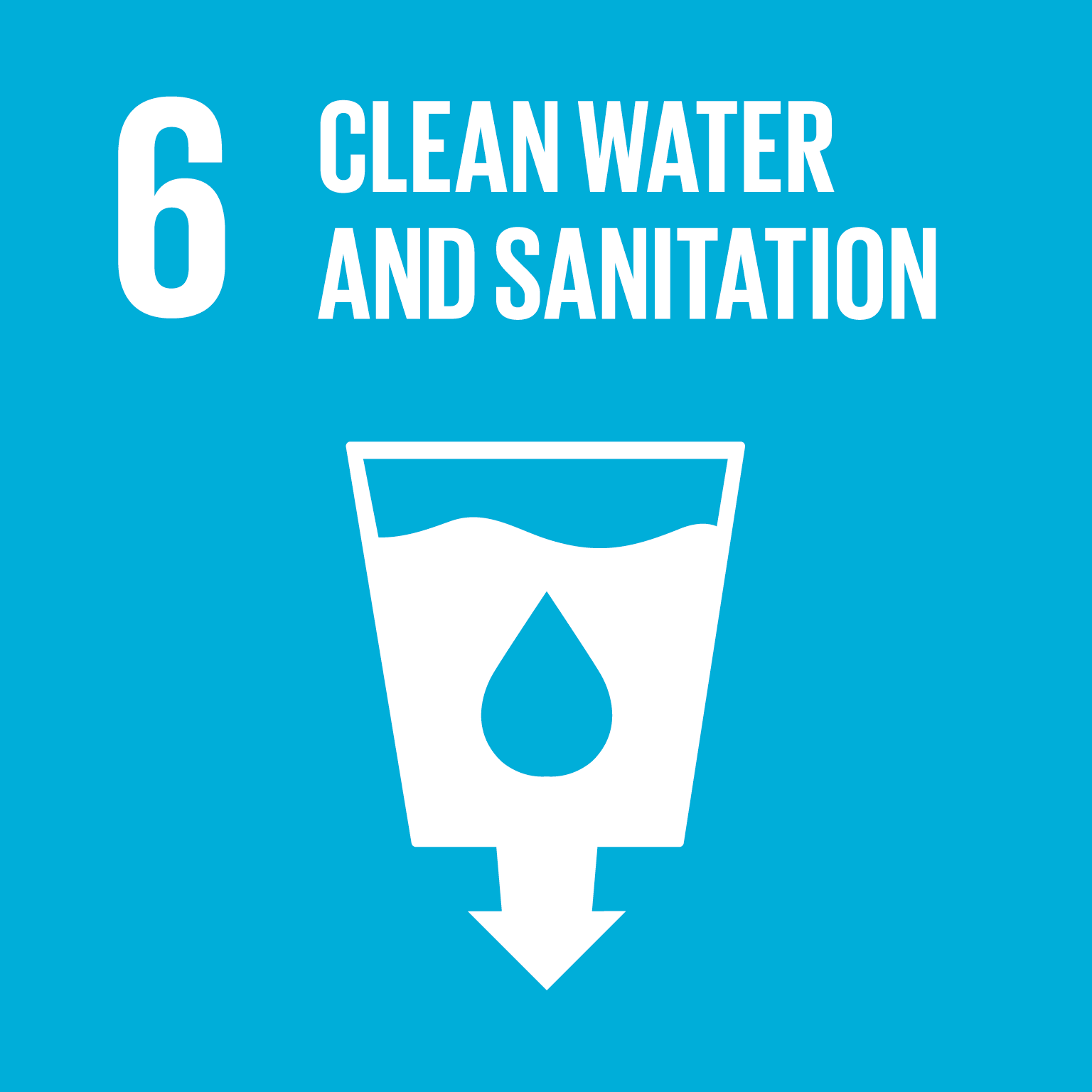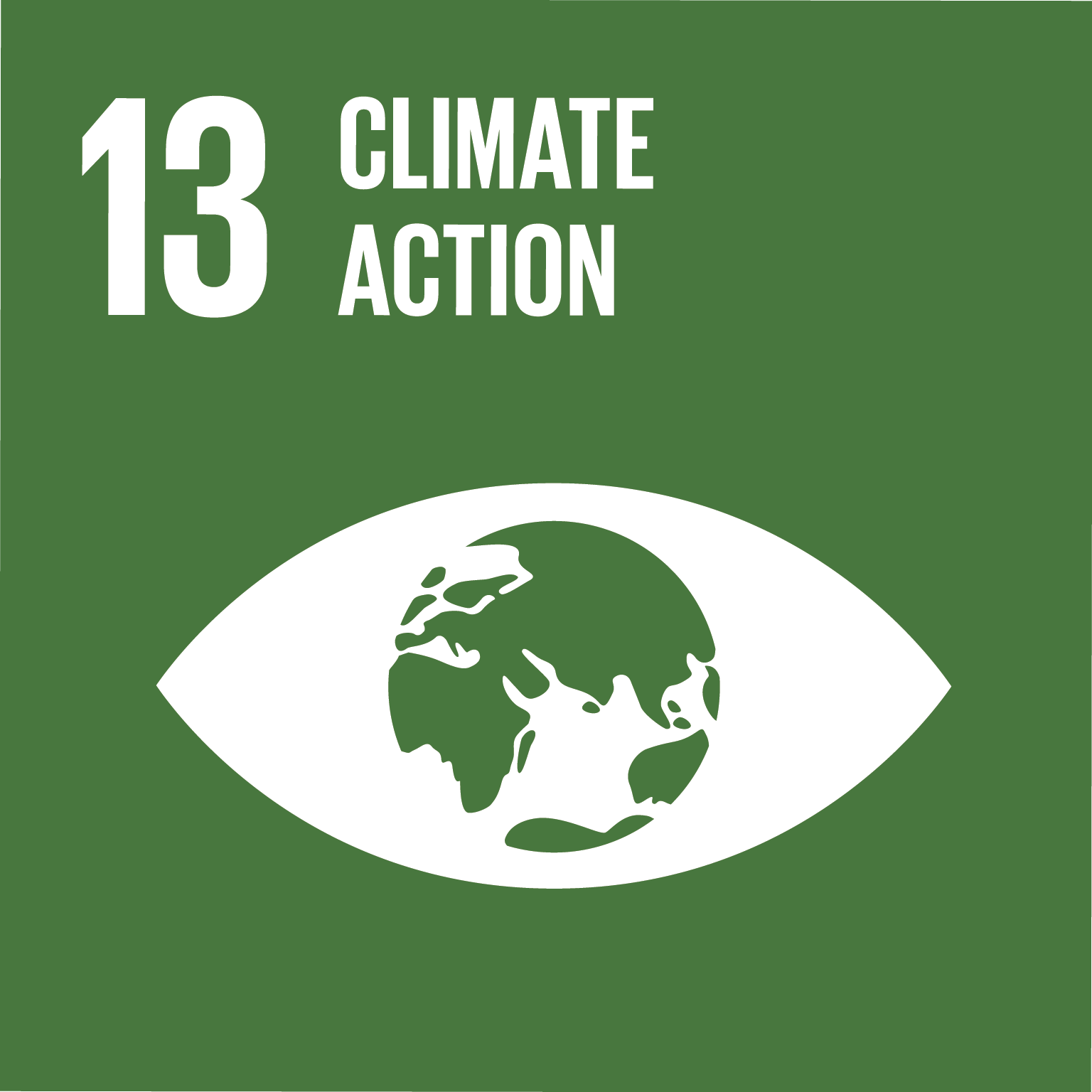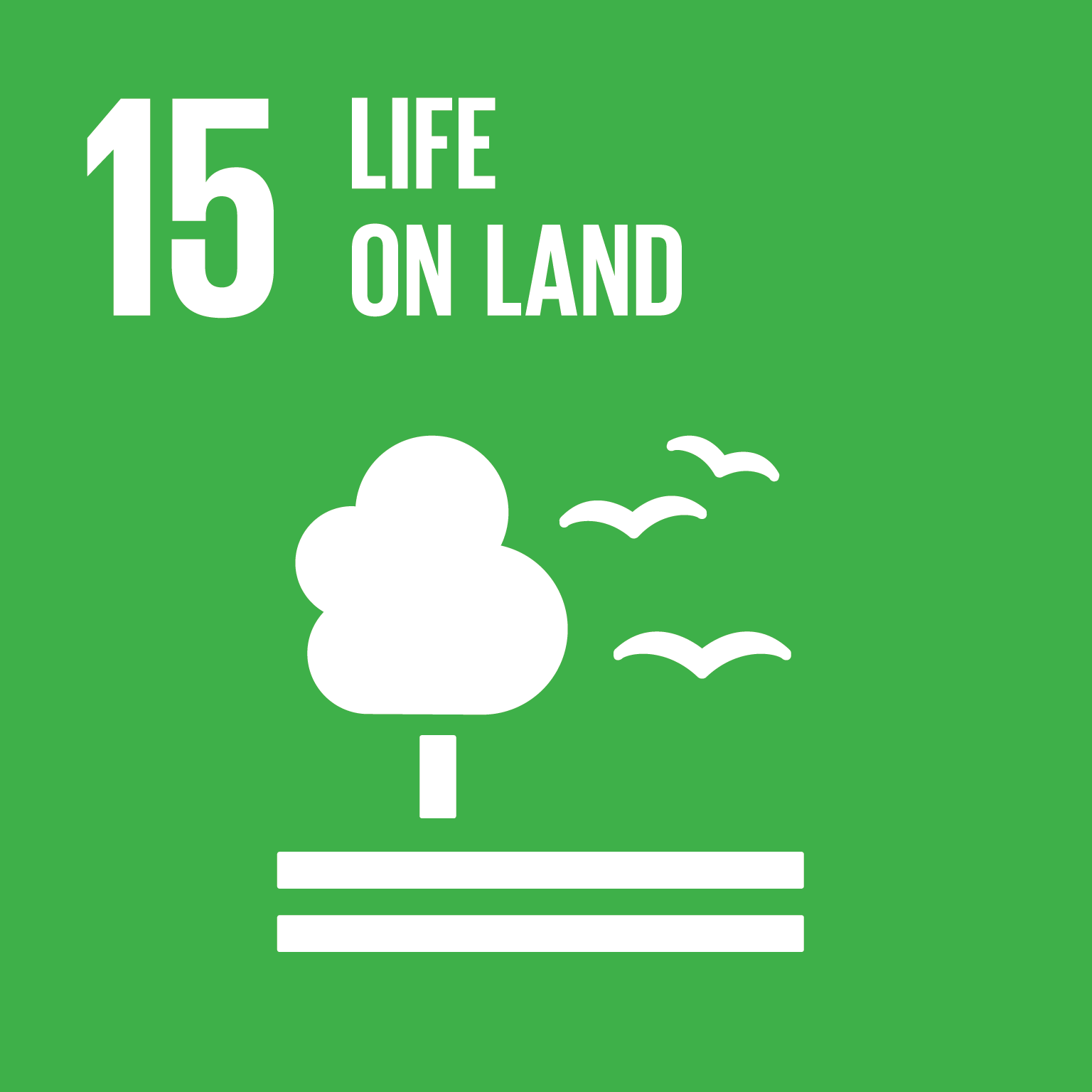- Apply learned skills and competencies in environmental consultancy, evaluation and assessment
- Appreciate the functional benefits of natural processes within managed rural ecosystems
- Combine the use of core lab, field and IT skills in scientific study and evaluation
- Devise and interpret environmental studies/evaluations involving the collection, appropriate analysis and reporting of resulting observations
- Evaluate the wider environmental issues and challenges of food production and security, and appreciate the objectives of national, EU and international policy
- Integrate scientific understanding in sustainable management and policy approaches
- Interpret the ecological processes and cycles that underpin sustainable management of natural resources
- Understand the key terrestrial ecosystem services such as climate and water regulation and nutrient cycling, and how they may be promoted by effective and sustainable land management practice
This course is available through the following application route(s)
The MSc Environmental Resource Management is an established programme designed for those who wish to undertake advanced studies in the pursuit of a career in the environmental sciences.
Sustainable management of our environmental resources is at the heart of some of the key challenges facing humanity today; food security, climate change, biodiversity loss, and the protection of water and soil resources. During this MSc particular emphasis is placed on exploring these globally important environmental issues, in agriculture and other land use systems. Graduates will gain the knowledge necessary to address these needs through a combination of environmental science, policy and management expertise.
The programme fosters in its graduates the qualities of self-motivation and critical thinking. Core elements of the programme include: literature review and knowledge assimilation; core lab, field and IT skills including use of GIS and remote sensing software; experimental survey design, quantitative data analysis and communication skills.
Individual and group work assignments are designed to develop individual, teamwork and leadership skills. These skills will culminate and be tested further in the final semester, when students complete a supervised research project. Fieldwork is involved in many of the modules offered, including visits to leading extension, advisory and research programmes in the area of sustainable environmental resource management.
The minor thesis component offers a very broad choice of research topics that allows students to focus on a specific subject area of interest. Students are assigned an academic supervisor with research interests and expertise in the thesis subject area.
About This Course
The career prospects for graduates from the MSc Environmental Resource Management are wide ranging, with environmental management increasingly fundamental to industrial, service and public sectors. Graduates secure roles in the private and public sector across government agencies, local authorities, county councils and others.
This programme has a successful track record with the Irish Aid Fellowships.
Graduate Roles
- Environmental Consultancy
- Environmental Advisory
- Environmental Engineering
- Regulatory Authorities
- Policy
- Research
Below is a list of all modules offered for this degree in the current academic year. Click on the module to discover what you will learn in the module, how you will learn and assessment feedback profile amongst other information.
Incoming Stage 1 undergraduates can usually select an Elective in the Spring Trimester. Most continuing undergraduate students can select up to two Elective modules (10 Credits) per stage. There is also the possibility to take up to 10 extra Elective credits.
| Trimester | Credits | |||
|---|---|---|---|---|
Stage 1 Core Modules |
AESC40390 | Human Impact on the Environment | Autumn | 5 |
Stage 1 Core Modules |
AESC40440 | Biodiversity and Ecosystem Services | Autumn | 5 |
Stage 1 Core Modules |
AESC40700 | Communication for Research | Autumn | 5 |
Stage 1 Core Modules |
FOR30430 | Geographic Information Systems | Autumn | 5 |
Stage 1 Core Modules |
GEOG30860 | Environmental Assessment | Autumn | 5 |
Stage 1 Core Modules |
AESC40180 | Data Analysis for Biologists | Spring | 5 |
Stage 1 Core Modules |
AESC40410 | Soil, Plant & Water Resources | Spring | 10 |
Stage 1 Core Modules |
AESC40470 | Practical Research Skills | Spring | 5 |
Stage 1 Core Modules |
AESC40690 | Ecosystem Monitoring | Spring | 5 |
Stage 1 Core Modules |
ENVB40290 | Ecological Modelling | Spring | 5 |
Stage 1 Core Modules |
AESC40370 | Research Project (AESC) 2 | Summer | 30 |
Stage 1 Options - A)1 of: Students must choose one of the below listed 5 credit option modules in the Autumn Trimester. |
AESC40150 | Wildlife Conservation | Autumn | 5 |
Stage 1 Options - A)1 of: Students must choose one of the below listed 5 credit option modules in the Autumn Trimester. |
AESC40360 | One Health | Autumn | 5 |
Stage 1 Options - A)1 of: Students must choose one of the below listed 5 credit option modules in the Autumn Trimester. |
BSEN40720 | Carbon & Sustainability | Autumn | 5 |
UCD is strongly committed to advancing the UN Sustainable Development Goals (SDGs), embedding sustainability in teaching, research, operations, and community engagement. Sustainability principles are integrated into this programme, ensuring students graduate equipped to address global challenges. UCD’s leadership in this area is internationally recognised, ranking 49th globally and 1st in Ireland in the QS World University Rankings for Sustainability 2024. UCD also leads impactful research in areas such as climate action, clean energy, and social equity, supported by a comprehensive Sustainability Strategy focused on reducing emissions, enhancing biodiversity, and fostering a sustainable campus culture.
Here are the SDGs which align more visibly with this programme:
Khaing Min Thant - Programme Management Senior Officer at UNOPS
My experience in the Environmental Resource Management course at UCD was truly transformative. I chose this course because of my passion for sustainable development and the urgent need for effective environmental governance in my home country, Myanmar. The curriculum was diverse and comprehensive, covering everything from ecological principles to resource management strategies. The lecturers were incredibly knowledgeable and approachable, always willing to engage in meaningful discussions and provide guidance.
One of the highlights was the hands-on learning approach. Field trips and practical projects allowed me to apply theoretical knowledge to real-world situations. This experiential learning was invaluable and deepened my understanding of environmental challenges and solutions.
Socially, UCD was a vibrant and welcoming community. I connected with classmates from all over the world, which enriched my learning experience and broadened my global perspective. The cultural exchange was a significant aspect of my time there, and it has continued to influence my approach to international development work.
Since graduating, my career has greatly benefited from the skills and knowledge I gained at UCD. In my roles at UNOPS and Trocaire, I am seen as a leader in the field of indigenous community land and environmental resource governance. The course equipped me with the tools to support sustainable development initiatives and contribute effectively to environmental resource management projects. My input is often sought by colleagues, grassroot civil society organizations and NGOs in Myanmar, particularly on environmental considerations in development and humanitarian programming.
Overall, the MSc in Environmental Resource Management has had a profound impact on both my personal and professional growth. It has enabled me to make a meaningful difference in the communities I serve and has set a strong foundation for my ongoing commitment to sustainable development and environmental stewardship."
Liz Jarocki - Gradaute View
I chose Ireland for so many different reasons. First to come and study first of all I actually studied abroad here in UCD for my undergrad and I loved it so much that I wanted to come back for a full-time Masters program. I saw Ireland is such a great opportunity as a place with so many different natural resources to study from agriculture, to wind energy there are jus so many options and as a smaller country you get a more personal experience and a lot more of a tangible aspect on the impacts of our studies so I really really enjoyed my experience here.
I think especially in the environmental Resource Management program, there's a really great emphasis on field trips and getting to really really interact with what we're studying and so we got to go to places like Wicklow, the Burren and to the UCD Lyons Farm and it was a really great experience of true Interactive Learning and I really really enjoyed that element of the programme.
Graduate View
Sinead Doyle, Inspector, Environmental Protection Association
For my undergraduate studies I completed an Arts degree in English and Geography graduating as a secondary school teacher. As I was completing my degree I knew my education journey was not complete and that I wanted to develop my skills further and complete an MSc. My interest was in
the area of environmental studies and after researching a number of programmes, I felt that the MSc Environmental Resource Management at the UCD School of Agriculture and Food Science was the right programme for me. I felt this MSc would complement my undergraduate degree and enable me to develop my professional career. I was particularly attracted to the high level of practical applied learning included within the programme and felt this would enhance my employment opportunities greatly.
I secured a role as an Environmental Technician with Carlow County Council immediately after completing the MSc. I currently work with the EPA (Environmental Protection Agency) as an Inspector. Without completing my Masters degree I would not have secured these positions and would not be where I am today. I feel having completed the MSc gave me a distinct advantage over other candidates and I now work alongside two of my classmates from the MSc programme.
Graduate View
Dr Brendan Dunford, Manager, Burren Programme & Co-founder Burrenbeo Trust
Having spent my twenties travelling around the world, I’d become increasingly interested in the relationship between people and their places, how communities shape their local environments and vice-versa, and what a precious resource a healthy environment is. I decided that I wanted to learn more and reconnect again with my own homeplace, so I returned to Ireland, ‘parked’ the
backpack and enrolled in the MSc Environmental Resource Management at UCD. I loved it! The mix of people in terms of age, academic background and nationality, the diversity of subjects available, the passion for learning and change among my new classmates, all made for a very inspiring experience. Having the course located within the UCD School of Agriculture and Food Science was a bonus as so much of the Irish landscape is shaped by farming and so much change has taken place in that sector of late.
EU fee per year - € 10430
nonEU fee per year - € 29100
***Fees are subject to change
Tuition fee information is available on the UCD Fees website. Please note that UCD offers a number of graduate scholarships for full-time, self-funding international students, holding an offer of a place on a UCD graduate degree programme. For further information please see International Scholarships.
- Applicants must hold minimum lower second class honours Degree (NFQ Level 8), or international equivalent, in Biological Science, Environmental Science, Agricultural Science, Geography, Earth Sciences, Natural Sciences or cognate degree programme from a recognised higher education institution. Cognate degree programmes would include humanities, arts, business, law and engineering.
- Mature candidates have previously been accepted on the basis of relevant experience and prospective candidates are encouraged to contact the Programme Director to discuss their eligibility.
- The programme welcomes students from across the world.
- Applicants whose first language is not English must also demonstrate English language proficiency of IELTS 6.5 (no band less than 6.0 in each element), or equivalent. Students meeting the programme’s academic entry requirements but not the English language requirements, may enter the programme upon successful completion of UCD’s Pre-Sessional or International Pre-Master’s Pathway programmes. Please see the following link for further information http://www.ucd.ie/alc/programmes/pathways/
These are the minimum entry requirements – additional criteria may be requested for some programmes
Full Time option suitable for:
Domestic(EEA) applicants: Yes
International (Non EU) applicants: Yes
How to Apply
General application route(s) for Irish/UK/EU applicants* for International (non-EU) applicants* to MSc Environmental Resource Management:
| ROWCLASS | Apply to |
|---|---|
| showAudience-audienceEU showAudience-audienceInt | X089 MSc Environmental Resource Management Master of Science (Agriculture) Full-Time Commencing September 2025 Graduate Taught |



